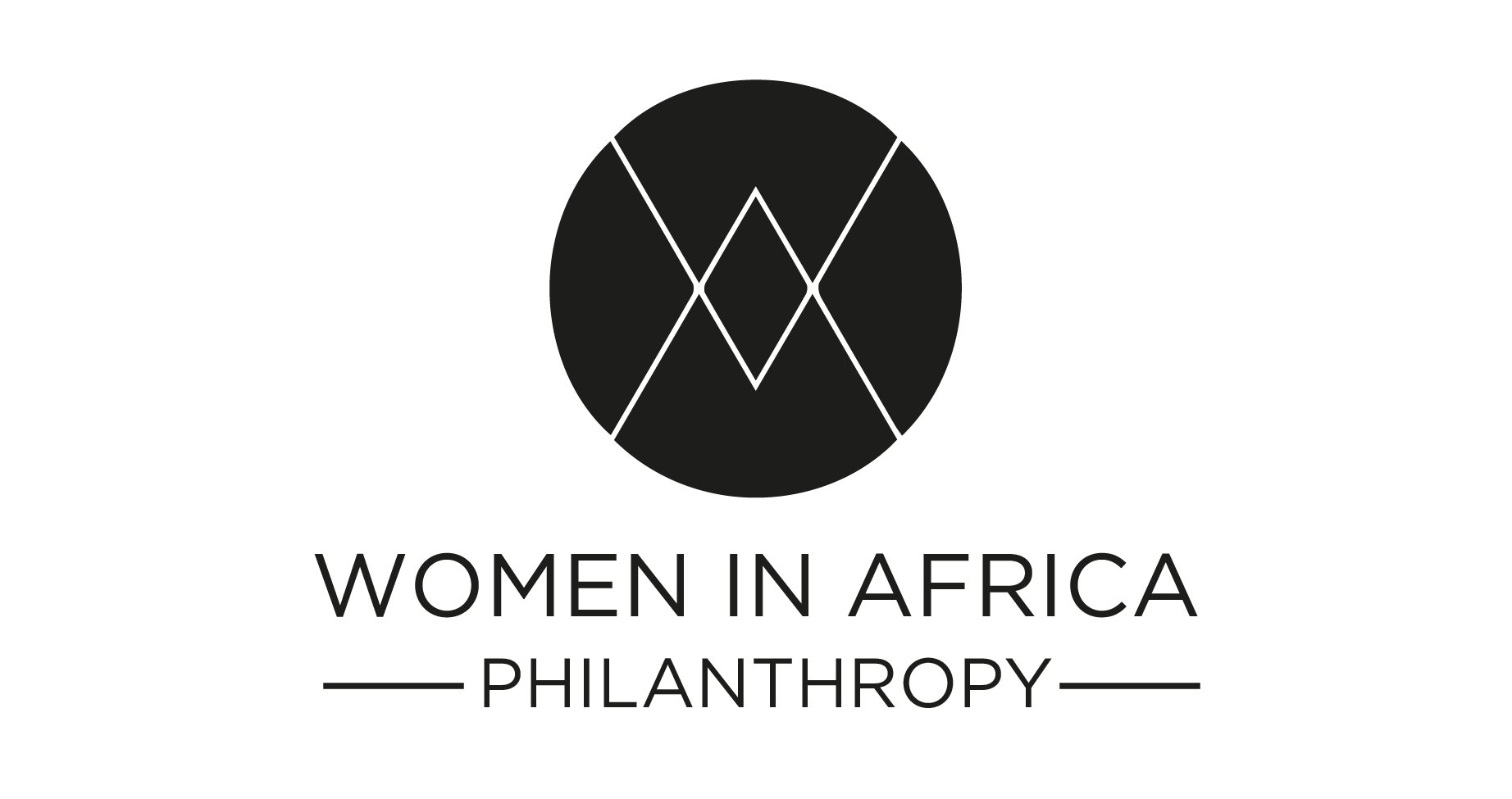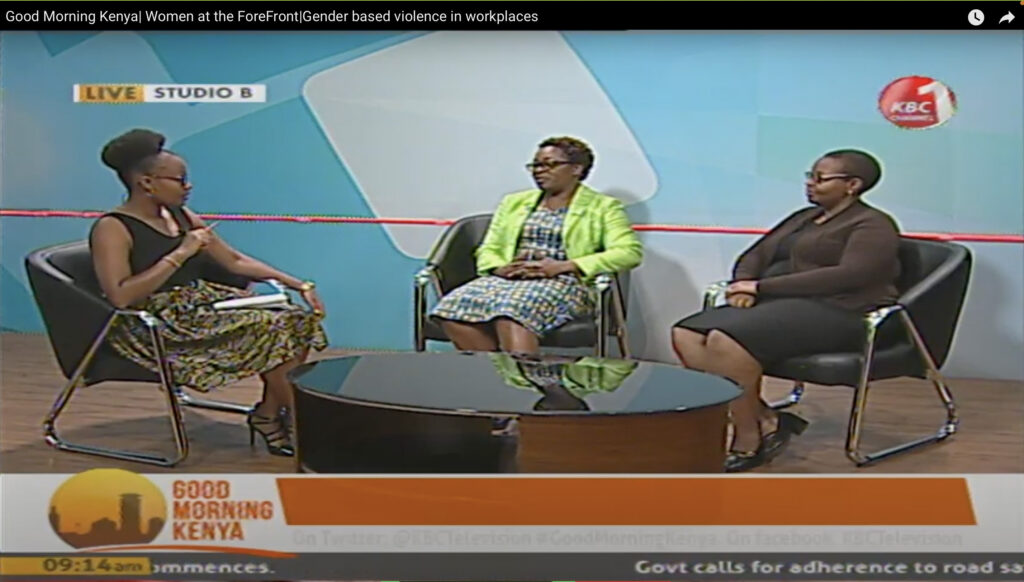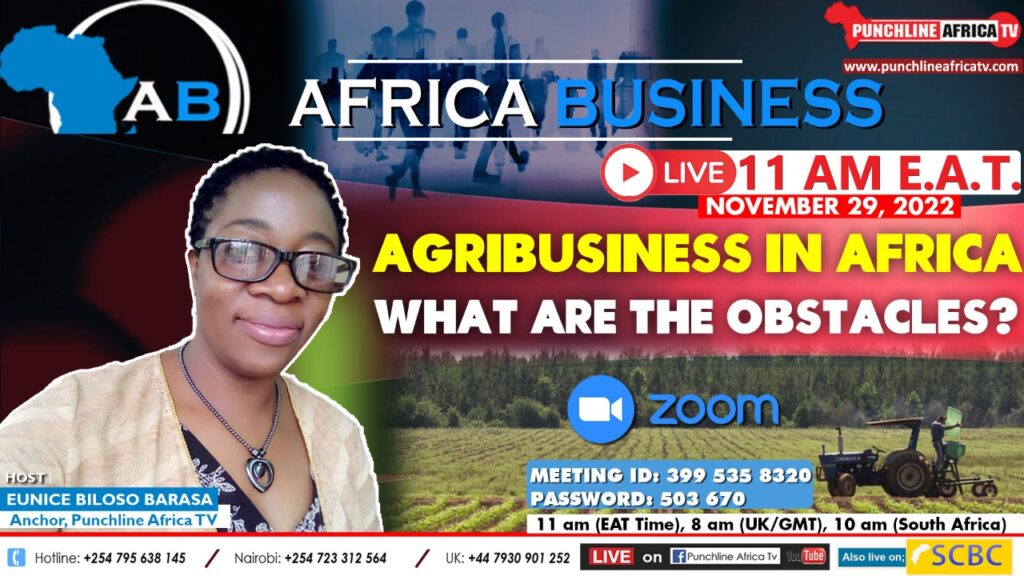Tell us a little about yourself and your business.
 I am Eunice Barasa from Kenya, Social Scientist by training with a MA- Gender and Development (University of Nairobi) and holder, Bsc – Sociology and Gender Development Studies (Women’s University of Africa, Harare, Zimbabwe). I have spent more than 20 years of my working life in corporate service having worked in an institution of higher learning as a Knowledge Officer, Non-profit as a Programmes Officer – Gender Based Violence and Skills Development and until recently as Trade and Investment Assistant – Commercial Office of the High Commission of Zambia in Nairobi, Kenya.
I am Eunice Barasa from Kenya, Social Scientist by training with a MA- Gender and Development (University of Nairobi) and holder, Bsc – Sociology and Gender Development Studies (Women’s University of Africa, Harare, Zimbabwe). I have spent more than 20 years of my working life in corporate service having worked in an institution of higher learning as a Knowledge Officer, Non-profit as a Programmes Officer – Gender Based Violence and Skills Development and until recently as Trade and Investment Assistant – Commercial Office of the High Commission of Zambia in Nairobi, Kenya.
My gravitation towards full time Social Entrepreneurship is a collation of lived and field experiences that amplified social problems faced by women, and the wider communities. My call to action resulted in the founding of my Social Business – Lyma Farms and Foods in 2020. With regard to scope, Lyma Farms and Foods works closely with rural women intentionally as target beneficiaries and secondly, as an underutilized human resource with potential to catalyze change and contribute to solutions facing the world over.
Our main activities in the business are informed/guided by the following thematic pillars:
➡️ Food Security and Hidden Hunger – Post harvest losses of leafy vegetables is a perennial problem for rural farmers. Lyma Farms and Foods provides a two-tier solution by providing a ready market for rural women engaged in cultivation of Indigenous vegetables. We purchase and process (value add) these vegetables (recognized for their high nutritional value) by dehydration method to offer extended shelf life. With sufficient supply of nutritious vegetables between seasons, we combat hidden hunger, that afflicts 1 in every 3 persons especially in developing countries.The second tier is the manufacture and sell of low-cost solar dryers with target beneficiaries being last mile producers of food. Household ownership of this equipment promotes food security at family level and increases income from sale of preserved vegetables in seasons of scarcity.
➡️ Biodiversity conservation – Climate change and rampant human activities are a threat to the survival of high value indigenous medicinal plants, that form a source of livelihood and healthcare to most rural poor. Lyma Farms and Foods has initiated the domestication and cultivation of these plants by rural women as a conservation initiative and source of raw materials for value addition. In addition, the practice provides added income to women, besides being an appropriate platform to communicate the message of climate change and the profits part of plant conservation.
➡️ Poverty alleviation – we stimulate rural economies by encouraging establishment of cottage industries through skills and product development. This combats rural poverty especially among rural women. Attached to this aspect is transfer of entrepreneurship skills appropriate for rural settings.
What inspired you to start your business?
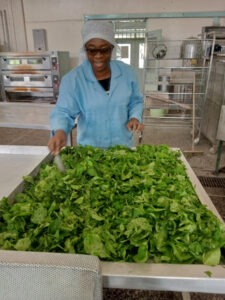
Growing up, I was surrounded by massive rural poverty, a characteristic condition that defines rural Africa. It’s a social problem with disproportionate impact on women and a huge impediment to social and economic advancement at personal, family and societal levels. This lived experience fueled my transition from corporate service to step aside in order to confront the situation the best way possible. My starting point had to be the very rural areas that made me who I am today.
Placing side by side your skills or the solutions we believe you are providing and looking at the major gaps in your sectors, do you see these challenges or gaps brought down to their barest minimum?
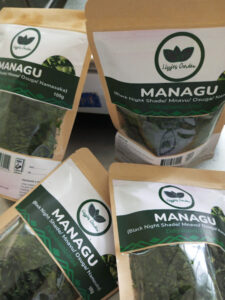
Yes. Based on the thematic objectives that guide our operations, I can confidently admit that our solutions are laden with potential to change dynamics on the ground. In essence, my experience in the field has confirmed that no matter the effectiveness of an innovation, it is of no relevance if it does not meet the following criterion – affordability, availability simplicity, and contextualization in line with the target beneficiaries. This is our differentiation.
If yes, please briefly give an expert overview or summary of how you believe this should or can be achieved.
📌 Food security and hidden hunger
- training on good agricultural practices (climate smart) with regard to indigenous vegetable cultivation
- post- harvest management practices
- increased access to recommended vegetable dehydration skills and knowledge
- increased production of low-cost solar dehydrators suitable for households (affordable, available, simplified, and contextualized)
- build awareness on consumption of dehydrated food stuff as a Climate-smart decision – to increase market penetration.
(The end result is availability of nutritious vegetables in between seasons despite unreliable rainfall in the wake of climate change)
📌 Biodiversity conservation
- vegetable growers to integrate indigenous medicinal plants with vegetables (Agroecological practice)
- Market the medicinal plants as raw materials for further processing (pharmaceutical, nutraceutical and cosmeceutical products as well as herbal beverages).
- Sensitize government to enact policies that recognize indigenous medicinal plants as natural resources, allocate equal considerations and funding in equal measure as other natural resources such as forests.
- Build collaboration with strategic partners including researchers, pharmaceutical companies, cosmeceutical companies etc.
📌 Poverty alleviation
- Provide affordable training programs on entrepreneurship for rural groups
- Promote the development of cottage industries
What is your biggest achievement as a female entrepreneur?

- Being a part of a global ecosystem creating recognizable solutions facing global problems (Food Security) – within the wider framework of climate change- is an achievement.
- December 2021 was my outstanding moment- I was among four women in Kenya honored with a USD 1,000 seed grant in a pitch competition (Best Pitch) courtesy Academy for Women Entrepreneurs (AWE) – a support program offered by the American Government through the American Embassy in Kenya for women entrepreneurs.
Tell us about a few women who inspire you.
A number have shaped me to be who I am today:
✨ My Mother (Elizabeth Barasa) -Though deceased from breast cancer, taught me what resilience among rural women entails. Their daily struggle with economic, social and cultural constraints begs for improved approaches that address these challenges, all the while, ensuring that their families remain intact. (My appreciation of indigenous medicinal plants is a personal quest to contribute to the field of biomedical research as the search for the cure for cancer continues.
✨ Women-serving organizations – it takes women to understand the world of women. I am thus inspired by women who come together to design programmes and policies aimed at transforming the social, cultural and economic anomalies facing women across sectors and at all levels.
✨ Women entrepreneurs – they break glass ceilings to establish businesses in a hotly contested space to build solutions to issues affecting humanity.
What message do you want to share with African women who aspire to be changemakers?
👉🏾 Never take no for an answer. The glass ceiling is just a glass ceiling after all; it can be shattered and new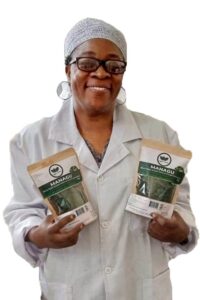 frontiers created if we choose to take the path of creating change.
frontiers created if we choose to take the path of creating change.
👉🏾 Always go after knowledge. Take advantage of programmes that seek to bridge skills gaps. It also opens doors for networking and positive collaborations.
👉🏾 Walk with others through mentorship so that we don’t break the cord of support.
How has WIA (Women In Africa) welcomed you in its community?
I am part of the WIA network – an opportunity that has opened a world of opportunity, new experiences and knowledge from different parts of the continent. The WIA – Honoris partnership has been a value-added to my career path.
I have been introduced to women entrepreneurs from across the continent through WIA programmes –easing cross cultural tensions and allowed cross-pollination of knowledge which is quite beneficial for a business person with a global vision.
Through WIA, I continue to grow my network of partners, clients and strategic collaborators as a result of increased visibility of my brand as a Gender professional and as a Social Entrepreneur. Through WIA, I have received invitations on both local and international platforms to speak on the transformative power of agroprenuership and women empowerment.
Notably, my social interaction is tremendously enhanced whose ripple effect include wider strategic engagements, increased networking opportunities, speaking occasions and partnership brokering. To illustrate this, we are in the final stages of penning down a working document (Memorandum of Understanding) on farmer empowerment with a partner organisation during this first quarter of 2023, courtesy, WIA!
